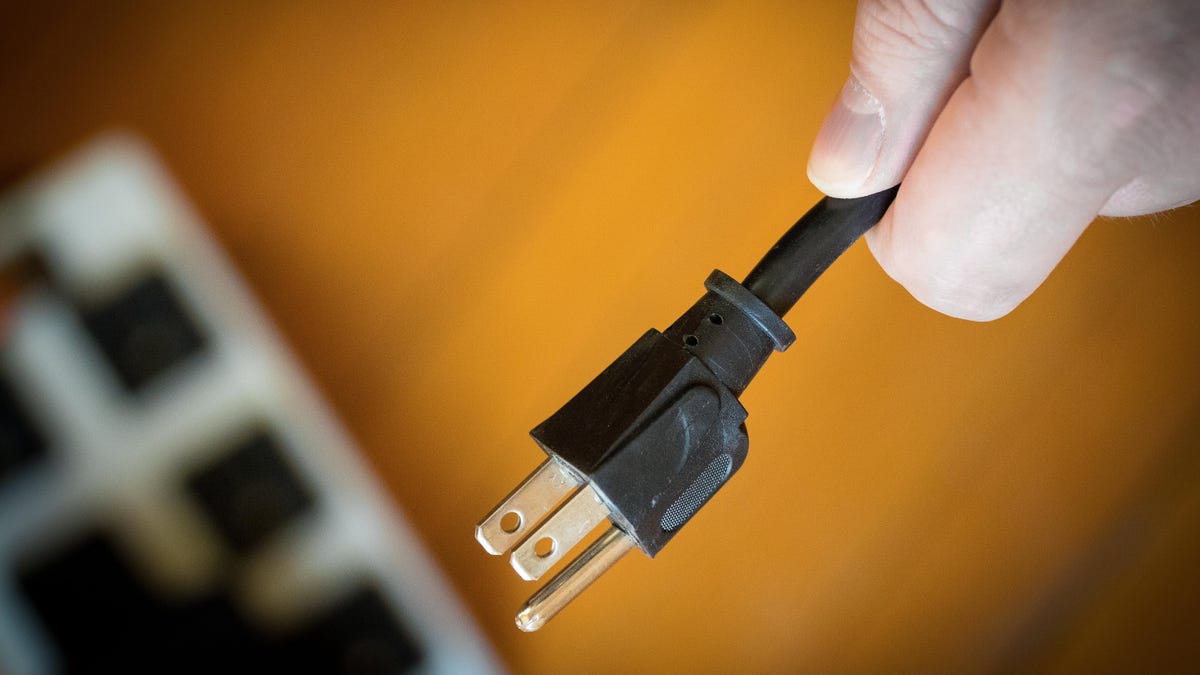[ad_1]
Years into what was eventually labeled a “burnout epidemic,” there are countless books, articles, and lectures about how to buck this trend, and achieve some sort of balance in your life. Although there are some notable exceptions, most materials and resources contain the same tips and advice—including that it’s necessary for us to unplug and recharge in order to avoid burnout.
The terms “unplugging” and “recharging” are often used interchangeably, but actually refer to two different concepts. Here’s what to know.
The difference between unplugging and recharging
According to Guy Winch, PhD, the author of “Emotional First Aid” and a co-host of the “Dear Therapists” podcast, the reason many people—including himself—end up burning out, isn’t because they spend too much time working: It’s because they’re unable to stop thinking about work in their remaining waking hours.
This nonstop rumination is typically focused on what’s going wrong at work—“the upsetting things, the distressing things”—rather than anything positive, so unsurprisingly, he says it ends up being a major source of stress, and is, in no way, a productive use of our time.
We’re constantly told that we need to unplug after work, but Winch says that’s not enough to prevent or stop us from ruminating. For that, we need to recharge.
What is unplugging?
Winch uses the terms “unplugging” and “disconnecting” interchangeably, referring to taking some type of deliberate action to transition out of “work mode.” This involves setting clear boundaries—or what he calls “guardrails”—to shift your physical and/or mental state; things like changing clothes after work, having a designated work area, or ending your work day with a fake commute if you work from home.
According to Winch, technology “empowers rumination,” so he recommends refraining from checking your work email, and turning off any work-related notifications on your phone.
What is recharging?
Once you’ve unplugged or disconnected, you can move on to recharging—which Winch says involves doing an activity that “leaves you feeling energized mentally, and pleased with yourself for doing it.”
It’s important to note that recharging activities aren’t one-size-fits-all. For example, going to the gym to work out can be mentally energizing for some people, while making other people feel anxious and drained. The same is true of other recharging activities that Winch recommends, like crafting and meditation.
Source link

